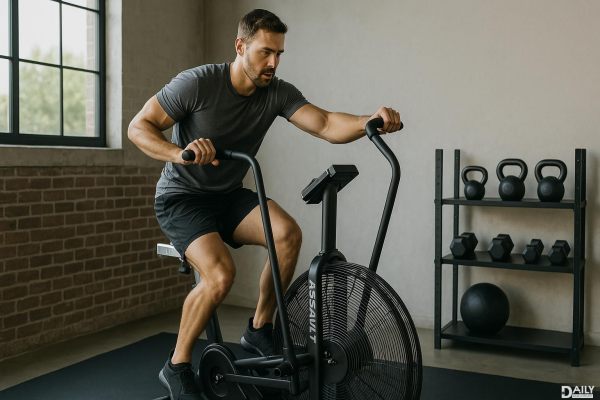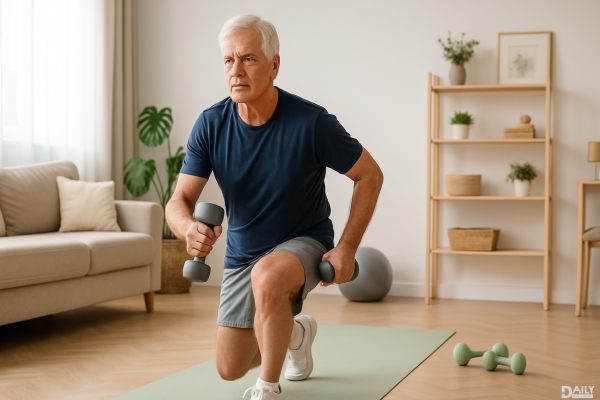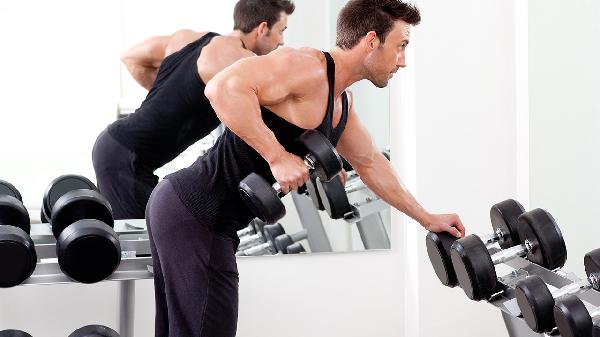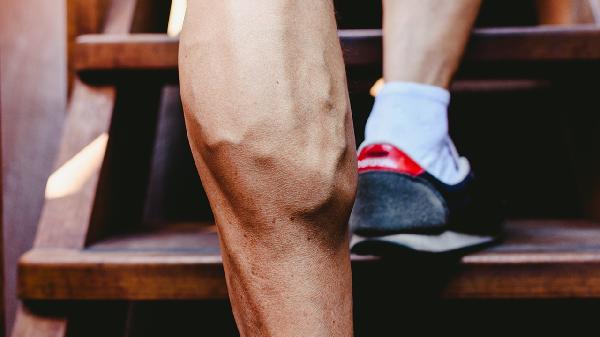If you're serious about packing on muscle, timing your protein intake around workouts can make a real difference. The answer? It's not just about before or after—it's about understanding how your body uses protein to repair and grow muscle tissue. The best approach balances fueling your workout without weighing you down, while also ensuring your muscles have what they need to recover and get stronger.
The Science Behind Protein and Muscle Growth
Muscle growth isn’t magic—it’s science. When you lift weights or push through resistance training, you create microscopic damage in your muscle fibers. That soreness you feel the next day? That’s your body signaling the repair process. Protein steps in as the building block, supplying amino acids that patch up those tiny tears and reinforce the muscle, making it bigger and stronger over time. Without enough protein, your muscles stay in breakdown mode instead of rebuild mode, which is why skimping on protein can stall progress or even lead to muscle loss.
Pre-Workout Protein: Should You Fuel Up First?
Downing a steak right before deadlifts? Probably not the move. But having some protein before your workout can help prime your muscles for growth. The key is timing and digestion. Slow-digesting proteins (like casein or whole-food sources) might sit heavy if eaten too close to exercise, while fast-digesting options (like whey or a light protein snack) can provide amino acids without the bloat. A general rule? If you’re eating a full meal, give yourself 2–3 hours before hitting the gym. For a smaller snack, 30–60 minutes should do the trick.
Post-Workout Protein: The Anabolic Window Myth
You’ve probably heard that you need to slam a protein shake the second you finish your last rep—or miss your gains. But the so-called "anabolic window" isn’t as narrow as once believed. Research shows that muscle protein synthesis (the process of rebuilding muscle) stays elevated for up to 24–48 hours after training. That said, getting protein in within a couple of hours post-workout can kickstart recovery, especially if you train fasted or haven’t eaten in a while. Aim for 20–40 grams of high-quality protein—think chicken, eggs, or a quality powder—to maximize repair.
Intra-Workout Protein: Is Sipping During Sessions Worth It?
Unless you’re an endurance athlete or logging marathon gym sessions, drinking protein mid-workout isn’t usually necessary. That said, branched-chain amino acids (BCAAs) or essential amino acids (EAAs) during long or intense workouts might help delay fatigue and support recovery. For most lifters, though, water and electrolytes will do the job just fine. Save the protein for before or after.
Total Daily Protein: The Bigger Picture
While timing matters, hitting your daily protein target is non-negotiable. Most active people need 0.7–1 gram of protein per pound of body weight to support muscle growth. Spreading that intake evenly across meals (every 3–4 hours) keeps amino acids flowing to your muscles all day. Skimp on total grams, and no amount of perfect timing will save your gains.
Protein Quality: Not All Sources Are Created Equal
Chugging a shake made with low-quality protein powder? You might as well drink water. High-quality proteins—like whey, eggs, lean meats, and dairy—contain all nine essential amino acids your body can’t make on its own. Plant-based lifters, don’t panic: Combining foods like rice and beans or quinoa and tofu can also deliver complete protein. Just pay attention to your total intake and digestibility.
Listen to Your Gut (Literally)
If protein shakes or bars leave you bloated mid-squat, your body’s telling you something. Some people digest liquid protein faster, while others do better with whole foods. Experiment to find what works for your stomach and your schedule. Consistency beats perfection—find a routine you can stick with long-term.
At the end of the day, protein timing is important, but it’s not worth obsessing over. Focus on hitting your daily protein goals, spacing out intake, and choosing quality sources. Whether you prefer a pre-workout snack, a post-gym shake, or both, the real key is staying consistent with your nutrition and training. Gains don’t happen overnight—but with the right approach, they will happen.
























